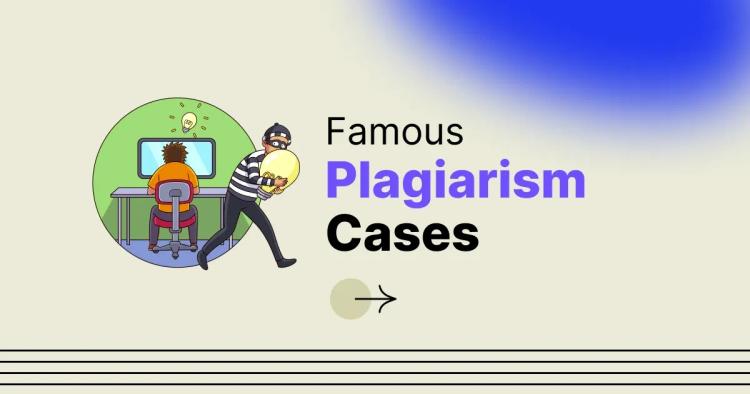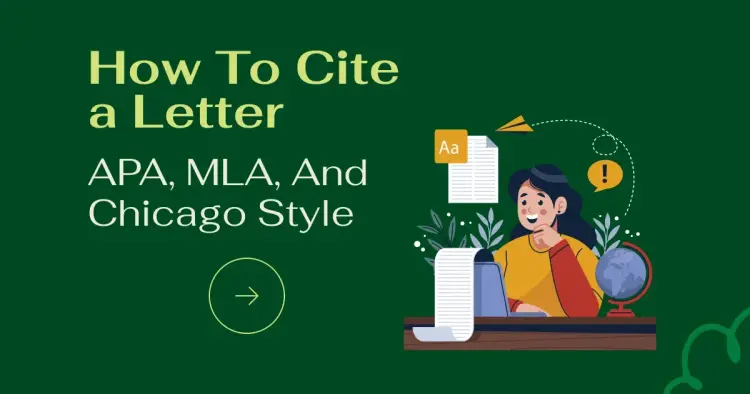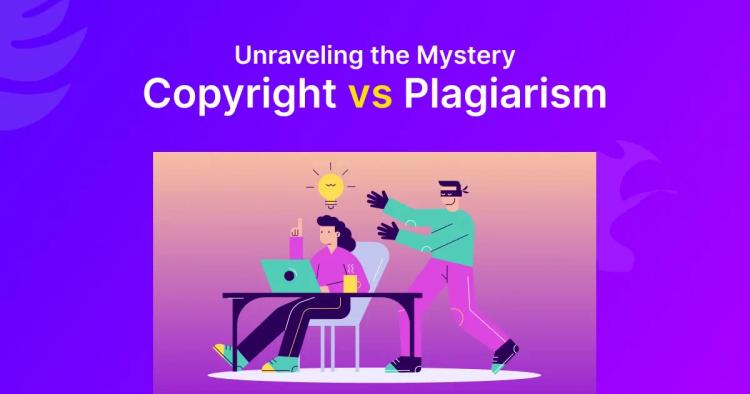Welcome to a journey through the academic landscape, where ideas are the seeds of knowledge and integrity form the sturdy branches of education. Today, we delve into a topic that casts a shadow on this landscape—plagiarism.
Picture it as taking someone else's work and claiming it as your own without giving credit. It's like using someone else's painting and saying you created it. It's not just breaking the rules; it's breaking the trust that holds the world of learning together.
we'll explore the meaning of plagiarism, why academic integrity is so important, and the various types of plagiarism that can sneak into our work without us even realizing it.
So, fasten your seatbelt as we embark on a journey to unravel the consequences of plagiarism, discovering the impact it has on grades, careers, personal ethics, and even our sense of integrity.
Definition of Plagiarism
Plagiarism is like taking someone else's work or ideas and pretending they are yours. It's a bit like copying someone's homework and saying you did it all by yourself. But in the world of learning and writing, this is a big no-no.
Plagiarism happens when you don't give credit to the person who came up with the original ideas or words. It's a rule we follow to make sure everyone gets the credit they deserve for their hard work.
Imagine you have a favorite recipe for cookies. If someone else made those cookies and said they came up with the recipe, that wouldn't be fair, right? Plagiarism is a bit like that in the world of writing. It's about fairness, honesty, and giving credit where credit is due.
Importance of Academic Integrity
Now, let's talk about academic integrity. This is like playing fair in the world of learning. When we say someone has academic integrity, it means they do their work, follow the rules, and give credit to others when needed. It's a bit like being a good sport in a game. You wouldn't cheat or break the rules because that wouldn't be fair to everyone playing.
In school, when we write papers or do projects, we're showing what we've learned. It's our chance to shine and share our thoughts. Academic integrity is crucial because it helps us build trust. When teachers know we're doing our work and giving credit when we use someone else's ideas, they can trust that we're truly learning and growing.
Think of academic integrity as a badge of honor. It's something we wear proudly, showing that we're honest learners who play by the rules. Just like in any game, when everyone plays fair, it makes the whole experience better for everyone involved.
So, in the world of learning, let's play fair, be honest, and show our academic integrity with pride!
Types of Plagiarism
Copying and Pasting
The most blatant form of plagiarism, copying and pasting involves directly lifting passages or entire sections from a source and presenting them as one's work. It's a shortcut that not only sidesteps the learning process but also violates the trust between educators and learners.
Paraphrasing Without Proper Citation
Paraphrasing, when done without proper citation, is a subtle yet insidious form of plagiarism. It involves rephrasing someone else's ideas in one's own words, creating an illusion of originality. However, without giving credit to the source, it remains an act of intellectual theft.
Self-Plagiarism
Self-plagiarism may seem like a paradox, but it's a serious offense. It occurs when an individual presents their previous work as if it were new, without proper acknowledgment. While building on one's ideas is encouraged, recycling without due credit erodes the foundation of academic honesty.
Consequences of Plagiarism
Academic Consequences
Failing Grades
The immediate repercussion of plagiarism in an academic setting is often a failing grade. The educational system places a premium on independent thinking and original contributions, and when this is compromised, the consequence is a mark that reflects the violation.
Academic Probation
In severe cases, students may find themselves on academic probation. This status serves as a warning, highlighting the gravity of the offense and offering a chance for redemption through a commitment to academic integrity moving forward.
Expulsion
For repeated or egregious instances of plagiarism, expulsion becomes a harsh reality. It's a measure taken to preserve the integrity of the educational institution and send a clear message that such breaches will not be tolerated.
Professional Consequences
Damage to Reputation
Plagiarism doesn't confine its consequences to the academic realm. In the professional world, reputation is paramount. Individuals caught plagiarizing risk tarnishing their reputation, making it difficult to build trust with colleagues, clients, or employers.
Career Implications
The repercussions of plagiarism extend into the professional sphere, affecting career trajectories. Job opportunities may be limited, promotions elusive, and the overall career outlook compromised as employers value originality and ethical behavior.
Legal Ramifications
In some cases, plagiarism can lead to legal consequences. Intellectual property laws protect the rights of creators, and violating these laws through plagiarism can result in legal action, fines, or other legal penalties.
Personal Consequences
Ethical Dilemmas
Plagiarism introduces individuals to profound ethical dilemmas. The internal conflict between the desire for academic success and the understanding that it must be achieved with honesty can create a lasting moral dilemma.
Loss of Personal Integrity
Perhaps the most significant personal consequence of plagiarism is the erosion of personal integrity. Trust in one's abilities is compromised, leading to a sense of guilt and diminished self-worth.
Copychecker's Plagiarism Checker Tool
Copychecker emerges as a crucial ally in the fight against plagiarism. It's a sophisticated tool designed to scan documents and compare them against an extensive database, identifying instances of potential plagiarism.
How Copychecker Works
Utilizing advanced algorithms, Copychecker analyzes the text by breaking it down into smaller segments and comparing each segment against its extensive database. This meticulous process ensures a high level of accuracy in detecting plagiarism.
Benefits of Using Copychecker
Accuracy
Copychecker boasts a high level of accuracy, minimizing false positives and negatives. Its advanced algorithms and vast database contribute to reliable results, helping users trust the integrity of their work.
Time Efficiency
In the fast-paced world of academia and professional writing, time is of the essence. Copychecker's efficient scanning process allows users to receive comprehensive plagiarism reports swiftly, facilitating timely corrections and ensuring deadlines are met.
Multiple Document Formats
One of Copychecker's standout features is its ability to process a variety of document formats. Whether it's an essay, research paper, or presentation, Copychecker accommodates different types of documents, making it a versatile tool for all academic and professional needs.
Avoiding Plagiarism with Copychecker
Real-time Checking
Copychecker offers real-time checking, allowing users to assess the originality of their work as they create it. This proactive approach empowers writers to make corrections on the fly, fostering a culture of integrity from the outset.
Proper Citations
Copychecker not only identifies instances of potential plagiarism but also suggests proper citations. This feature serves as an educational tool, guiding users on the importance of crediting sources and reinforcing good citation practices.
Understanding Plagiarism Reports
Copychecker generates detailed plagiarism reports that go beyond highlighting instances of potential plagiarism. These reports provide valuable insights, helping users understand the nature of the matches and guiding them in making informed decisions about revisions and citations.
Tips for Students and Writers
Understanding Citations
Mastering the art of proper citations is a fundamental skill in avoiding plagiarism. Understanding the various citation styles, such as APA, MLA, or Chicago, and applying them consistently throughout the document is essential for maintaining academic integrity.
Developing Good Research Practices
Building strong research practices is key to producing original work. Learning how to effectively use research tools, critically evaluate sources, and integrate findings into one's writing helps prevent unintentional plagiarism.
Seeking Help from Educators and Writing Centers
When in doubt, seeking guidance from educators or utilizing writing centers can be invaluable. These resources offer assistance in understanding academic expectations, refining writing skills, and ensuring compliance with ethical standards.
FAQs
What are the consequences of plagiarism?
Plagiarism can have serious consequences, ranging from failing grades to academic probation or even expulsion. It's not just about the immediate impact on your academic record; it can also harm your reputation and future opportunities.
What Happens If You Plagiarize in High School?
Plagiarizing in high school can lead to failing grades on assignments or exams. Schools take academic integrity seriously, and consequences may include disciplinary actions or the need to retake a course.
What Happens If You Plagiarize in College?
In college, plagiarism consequences can be severe, including failing the assignment or the entire course. Colleges often have strict academic integrity policies, and repeated offenses may lead to expulsion.
What Are Good Rules to Avoid Plagiarism?
Some good rules to avoid plagiarism include always giving credit when using someone else's ideas or words, learning proper citation methods, and seeking help if unsure about how to use sources correctly.
What Do Statistics Say About Plagiarism?
Statistics on plagiarism reveal it is a widespread issue. Many students admit to engaging in some form of plagiarism, emphasizing the need for increased awareness, education, and tools to prevent it.
Do Authors Plagiarize?
While rare, instances of authors plagiarizing do occur. Plagiarism undermines the trust between writers and readers and can lead to severe consequences for the author's reputation and career.
Conclusion
Plagiarism is a perilous journey into the dark corners of academic and professional life. Its consequences reach far beyond failing grades and academic penalties, touching the very core of personal integrity and professional credibility. The emergence of tools like
Copychecker underscores the importance of proactive measures in upholding academic integrity.
By understanding the nuances of plagiarism, embracing ethical writing practices, and leveraging advanced tools, students and writers can navigate the challenging terrain of academia with authenticity and honor.
Ultimately, the pursuit of knowledge thrives in an environment where originality is celebrated, and plagiarism is relegated to the shadows from which it emerged.




